Even if you’re not a jazz aficionado, you’ll be aware of London-born multi-instrumentalist Courtney Pine, one of the headline acts at this year’s Cambridge Jazz Festival.
Such is Pine’s status within the music industry that when the BBC put together its famous ‘various artists’ version of the Lou Reed song Perfect Day in 1997, in aid of Children in Need and featuring some of the biggest names in music – including Reed, Bono, David Bowie, Elton John, Emmylou Harris, Tom Jones, and Dr John – Pine was called upon to provide the saxophone solo. He is, of course, best known as a saxophonist.
He remembers it well. “Yeah man, that’s my biggest-selling session ever and I never got paid for it! It was for charity – Children in Need,” he tells the Cambridge Independent.
“It was number one over Christmas. Strange link is that my new album was recorded at the place where I recorded the solo, which is Dave Stewart’s old studio called The Church [in Crouch End, North London].
“I went back there to record this album, Spirituality. I’d always wanted an excuse to go back to that space, but yeah that session [for Perfect Day] was really hectic because you had loads of BBC camera folk who didn’t realize that when you play a solo, when you do a session, the room needs to be silent – and they were just stomping around trying to get the best camera take of me playing this solo.
“But they didn’t realize that a solo has to be constructed with the producers and engineers, and you do the camera bit afterwards. So I’ll always remember that session and telling these people that I’ve come here to do a session for this record, not a modelling session. But we got through it in the end.”
Courtney’s new album, Spirituality, is a collaboration with pianist Zoe Rahman, who will also be performing with him at the Cambridge Jazz Festival. The record is due to come out this autumn with a release date to be confirmed.
“I’m really happy with the results of what the musicians did in the studio. I’m doing a launch in London on November 12, so I reckon I’m days away from releasing the album,” says the 58-year-old, a recipient of both an OBE and a CBE for services to music.
Courtney certainly ranks as one of Britain’s most celebrated jazz artists. His 1995 album Modern Day Jazz Stories was nominated for the Mercury music prize and more recently, in 2021, he was honored with the Jazz FM Gold award.
It was at the BBC Jazz Awards that he met Zoe. “I’ve known Zoe for a while,” he says. “She came to the awards and introduced herself and we had people in common, and I just liked the energy. She was willing to go the extra mile.
“She plays with an openness, so for me, to get to work with an artist who has that ability to make somebody else sound good... because when you play creative music, it’s all about the me, me me – but she’s one of those artists who will let you have your space and not kind of compete with you. She’s just a brilliant artist, and she comes from a very musical family and I don’t, so it has been really educational for me working with her.”
Reflecting on his upcoming gig at the Cambridge Jazz Festival with Zoe – at Saffron Hall on November 25 – Courtney continues: “It’s kind of amazing that music is still out there, people are still performing. But even more so with jazz; that they have festivals where they present improvised creative music, and people turn up.
“I’m really looking forward to it; every night we perform is different. This is going to be another ‘try it and see what happens’ moment for me.”
So does Courtney, whose first album, Journey to the Urge Within, came out in 1986, think that jazz is as popular now as it’s ever been? “It’s even more popular,” he replies, “because jazz is a music of humanity, it’s as deep as we can go as instrumentalists, as vocalists, as performers, in terms of that creative spark.
“There’s a moment in music where something happens that has never happened before, and jazz is that. That’s what jazz demands of you, as opposed to putting a piece of sheet music in front of you and watching a conductor, or playing one of Bob Marley’s anthems – jazz music is different from the get-go, and the more different it is, the more appreciated it is. That’s what sets it apart.”
Despite his fame as a jazz musician – among his other accolades was Best Jazz Act at the inaugural Mobo awards in 1996 – Courtney grew up listening to ska music from Jamaica, the land of his forebears. His parents emigrated to the UK in the 1950s.
He has incorporated, among other things, pop, reggae and hip-hop influences into his sound and speaks of the “freedom of choice” that comes with making music. “Yeah, I think when people come to see concerts that I do, that’s what they’re hearing, that’s what I’m trying to achieve each night,” he explains.
“Even if I’m playing a bass clarinet or an electronic saxophone, I’m pursuing that thing that hasn’t been done before. Whether I’m playing a Stranglers bass-line or something else... this is what I’m trying to achieve. Sometimes it takes a while, sometimes it happens instantly.
“At least we as human beings have that freedom of choice, still.”


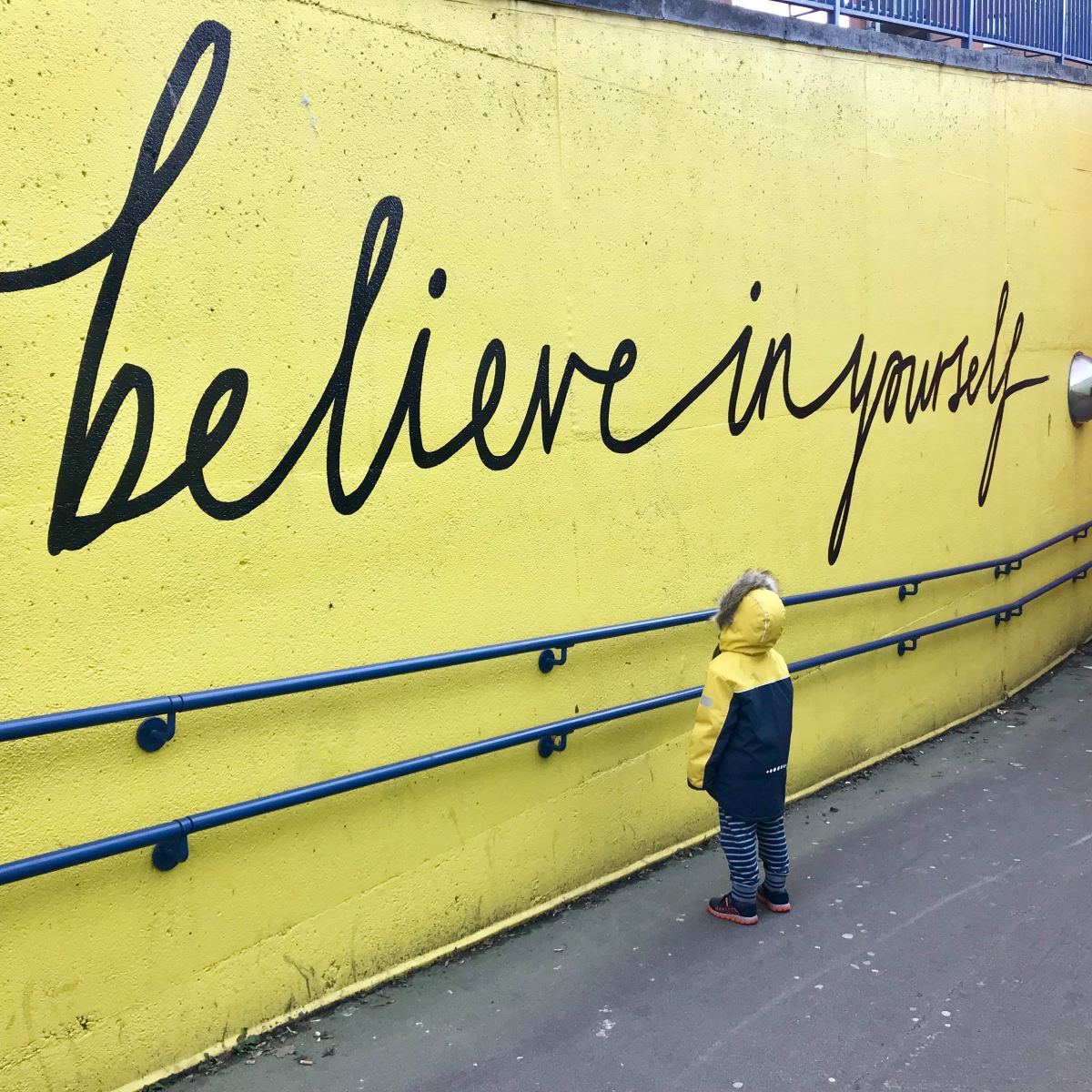
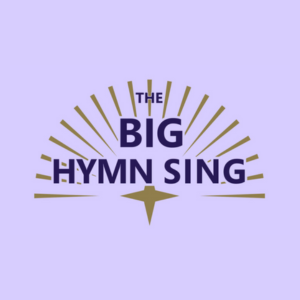
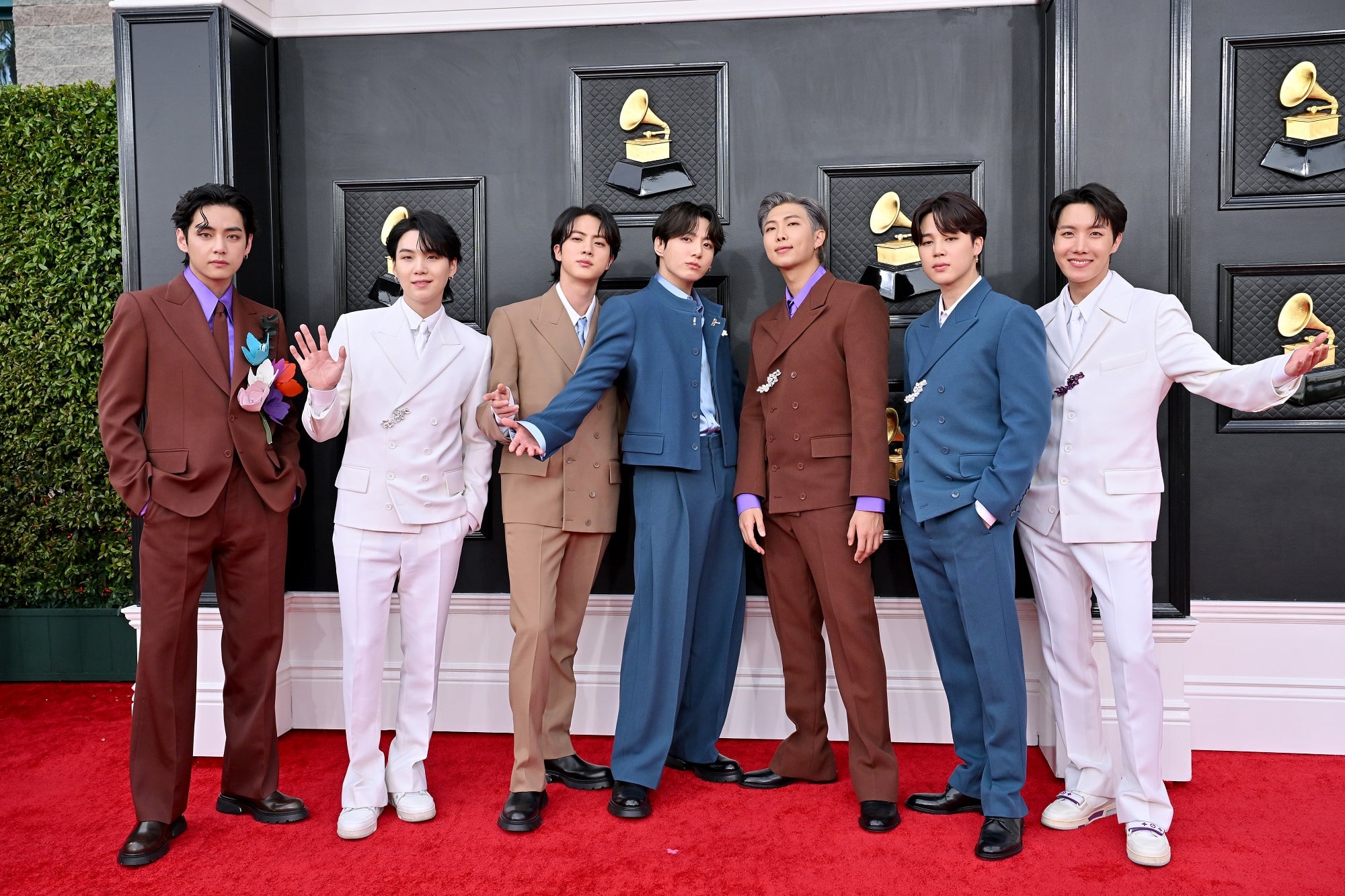
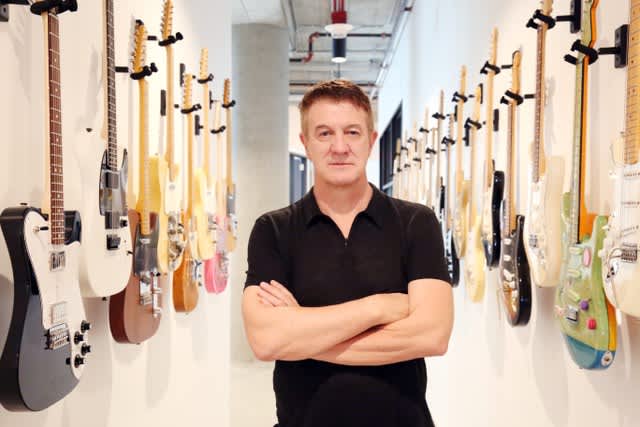
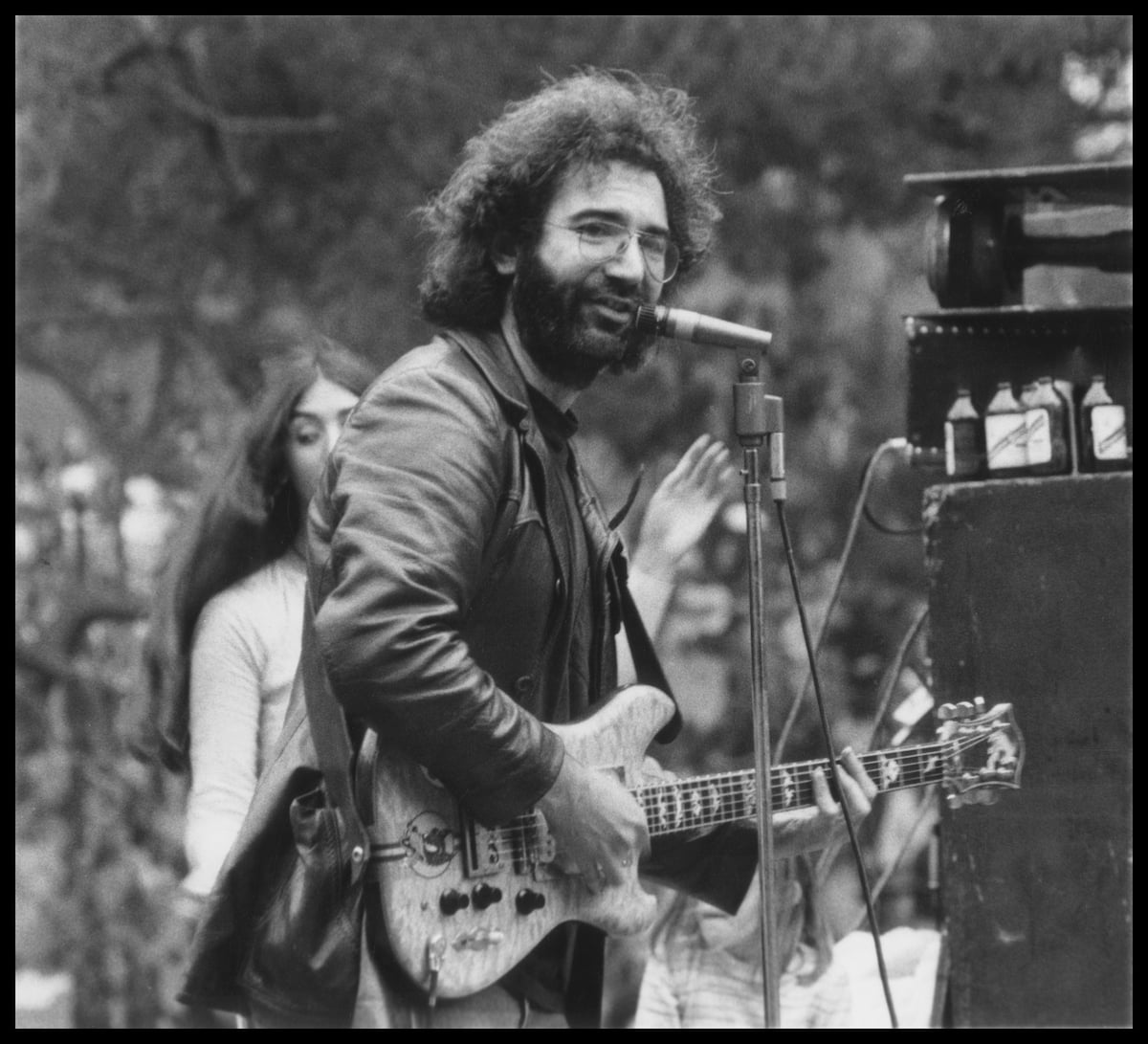
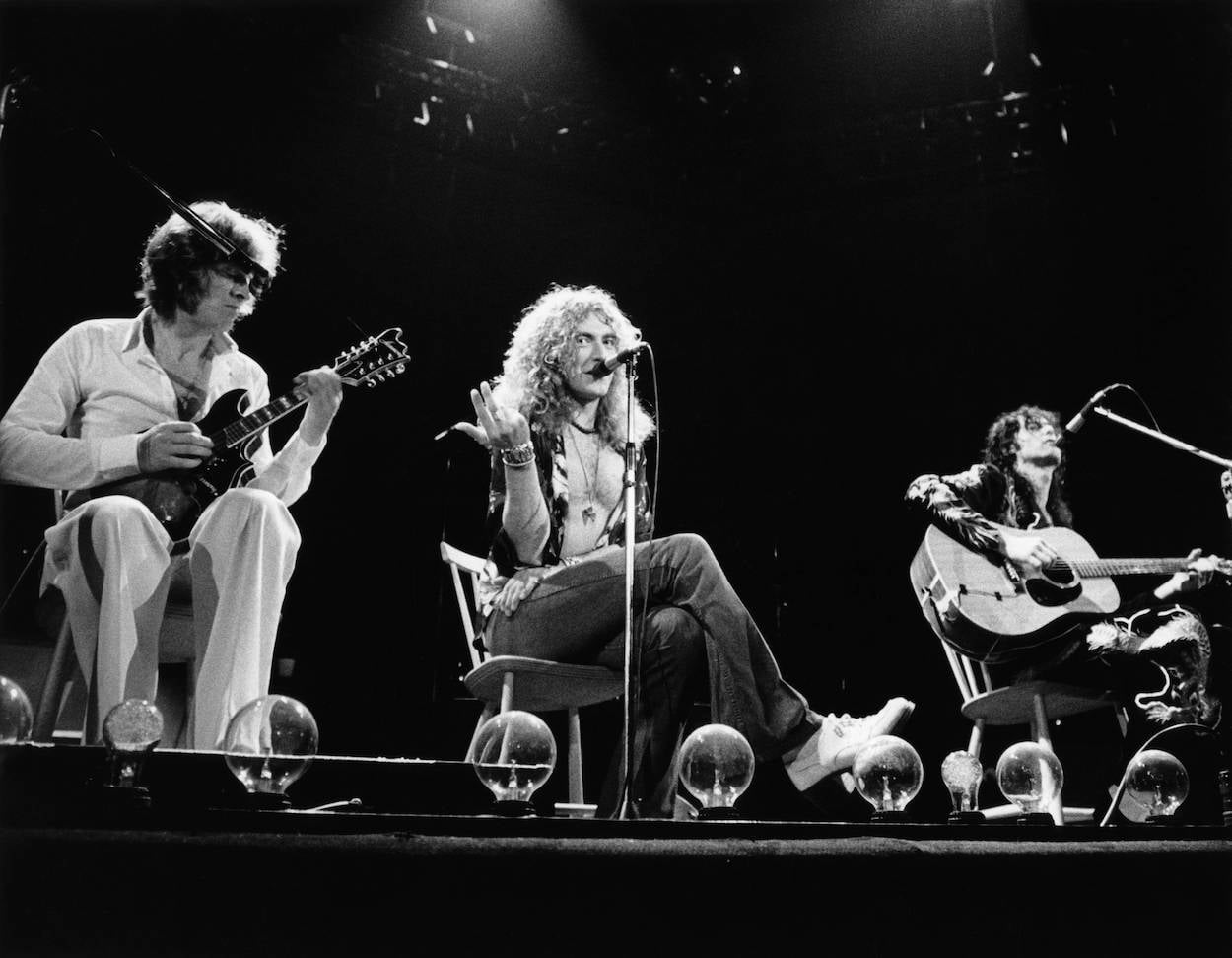
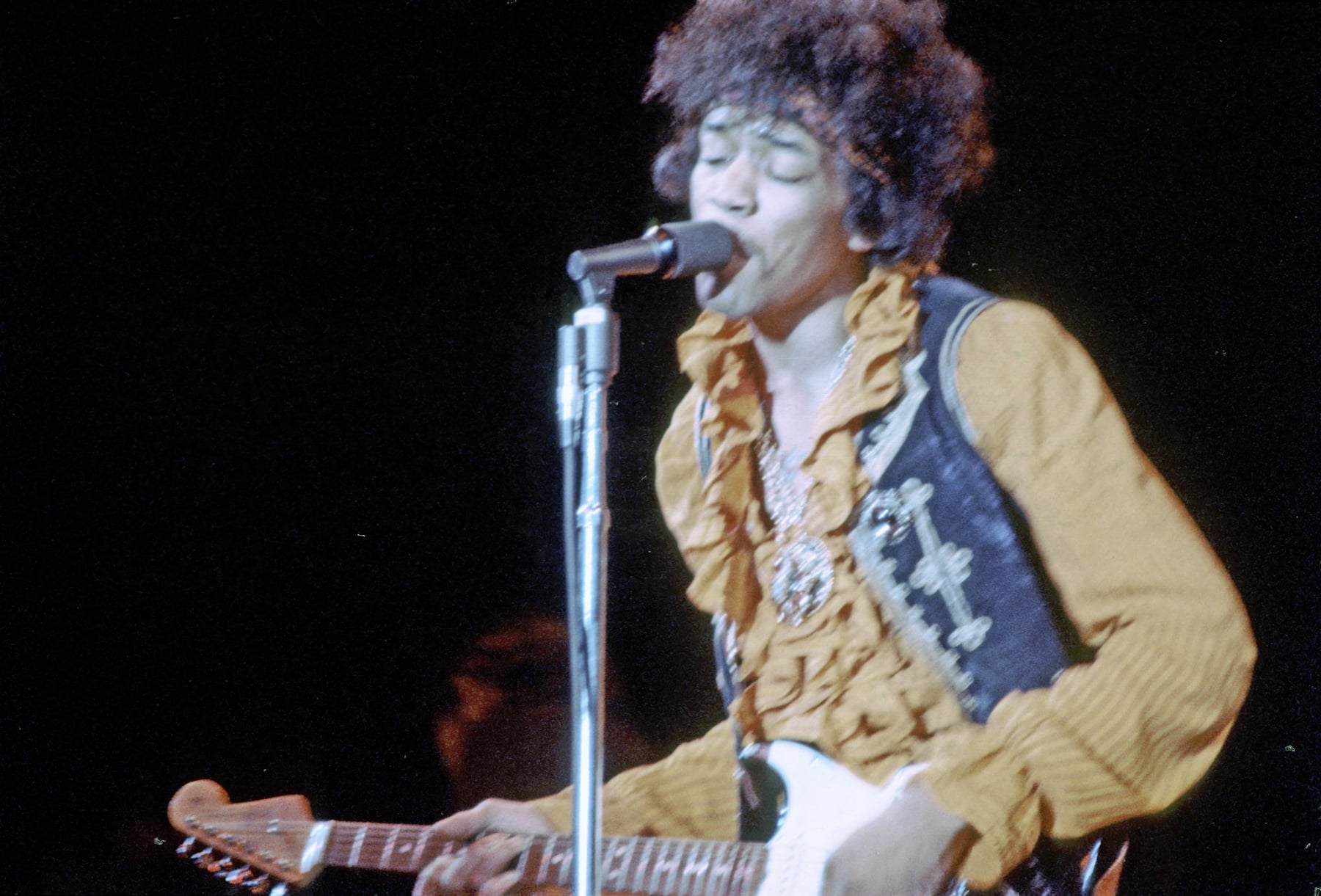
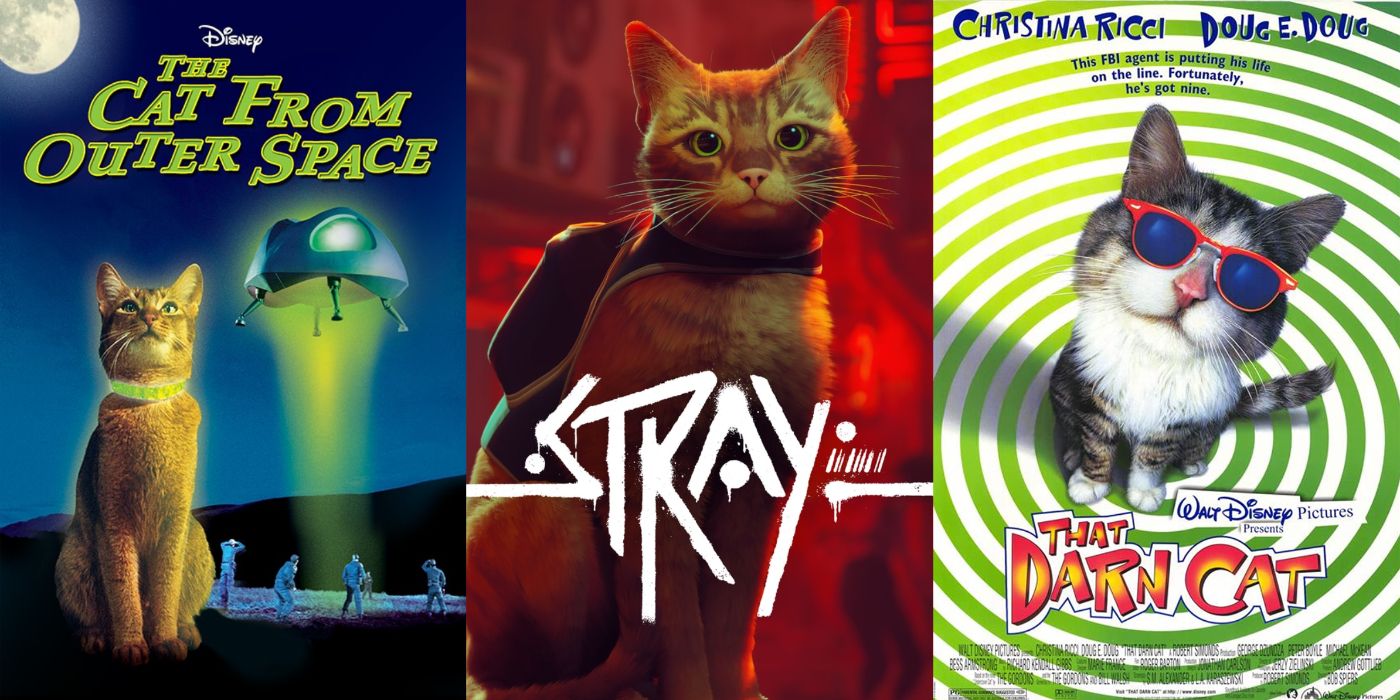


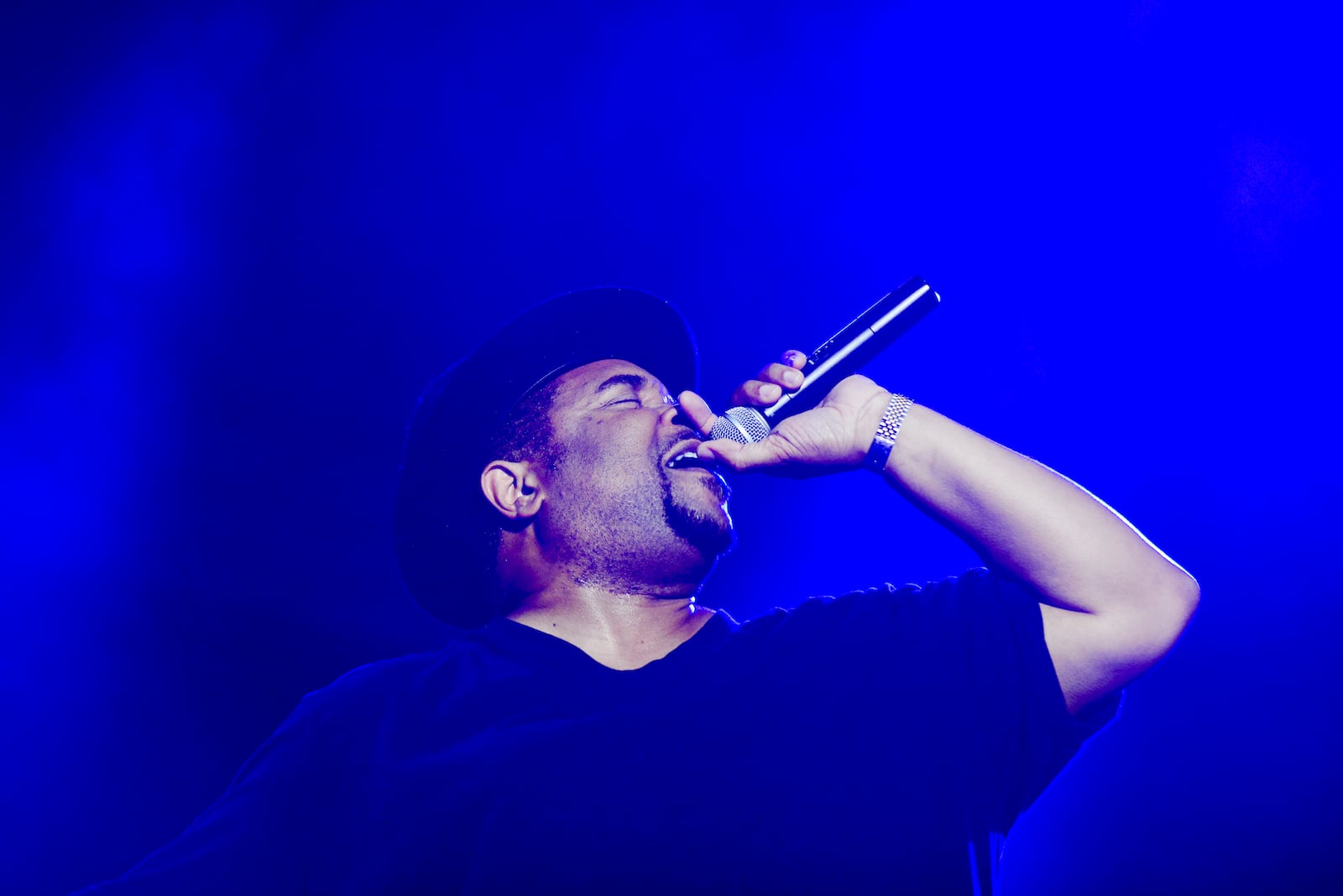
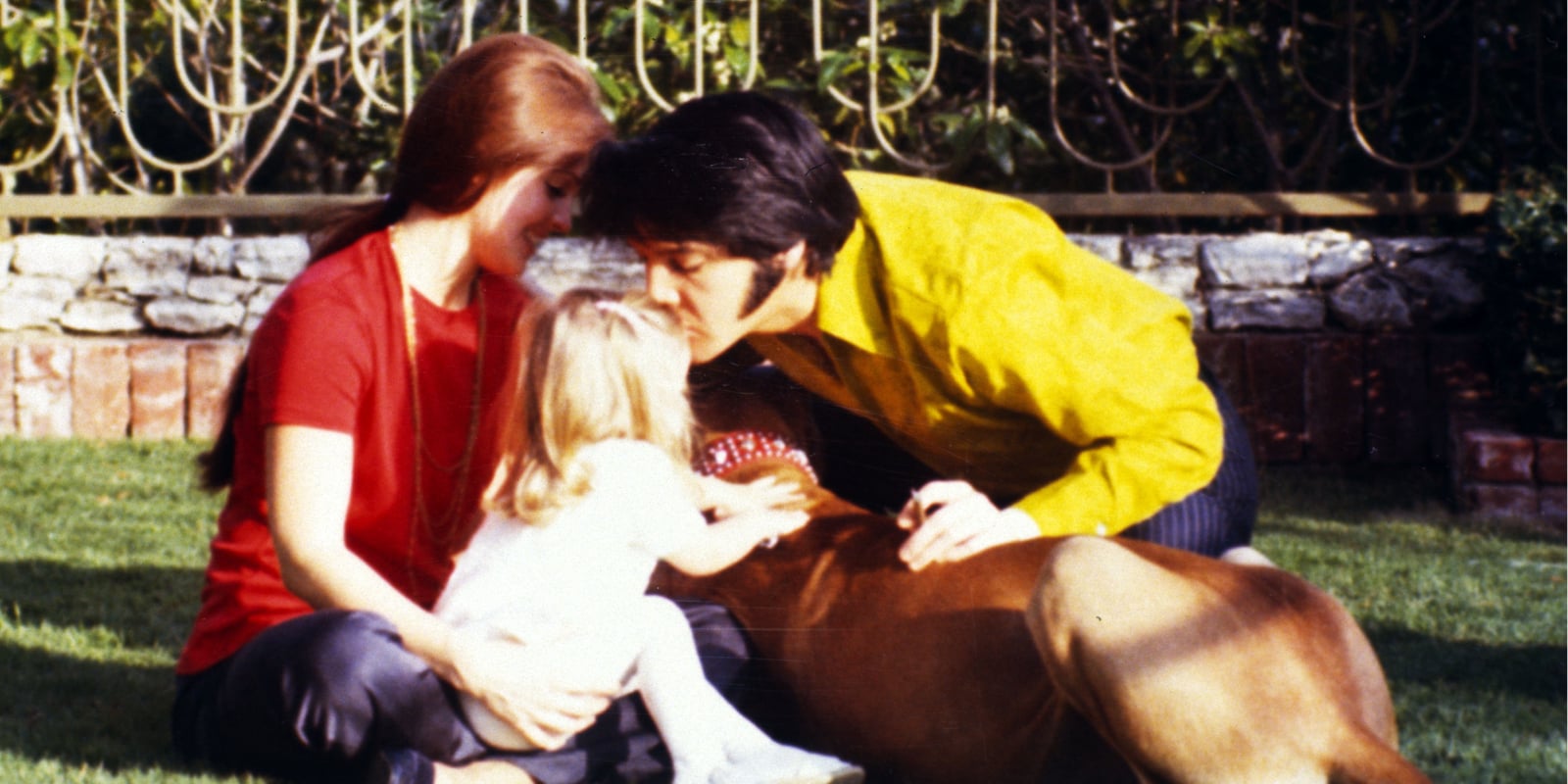
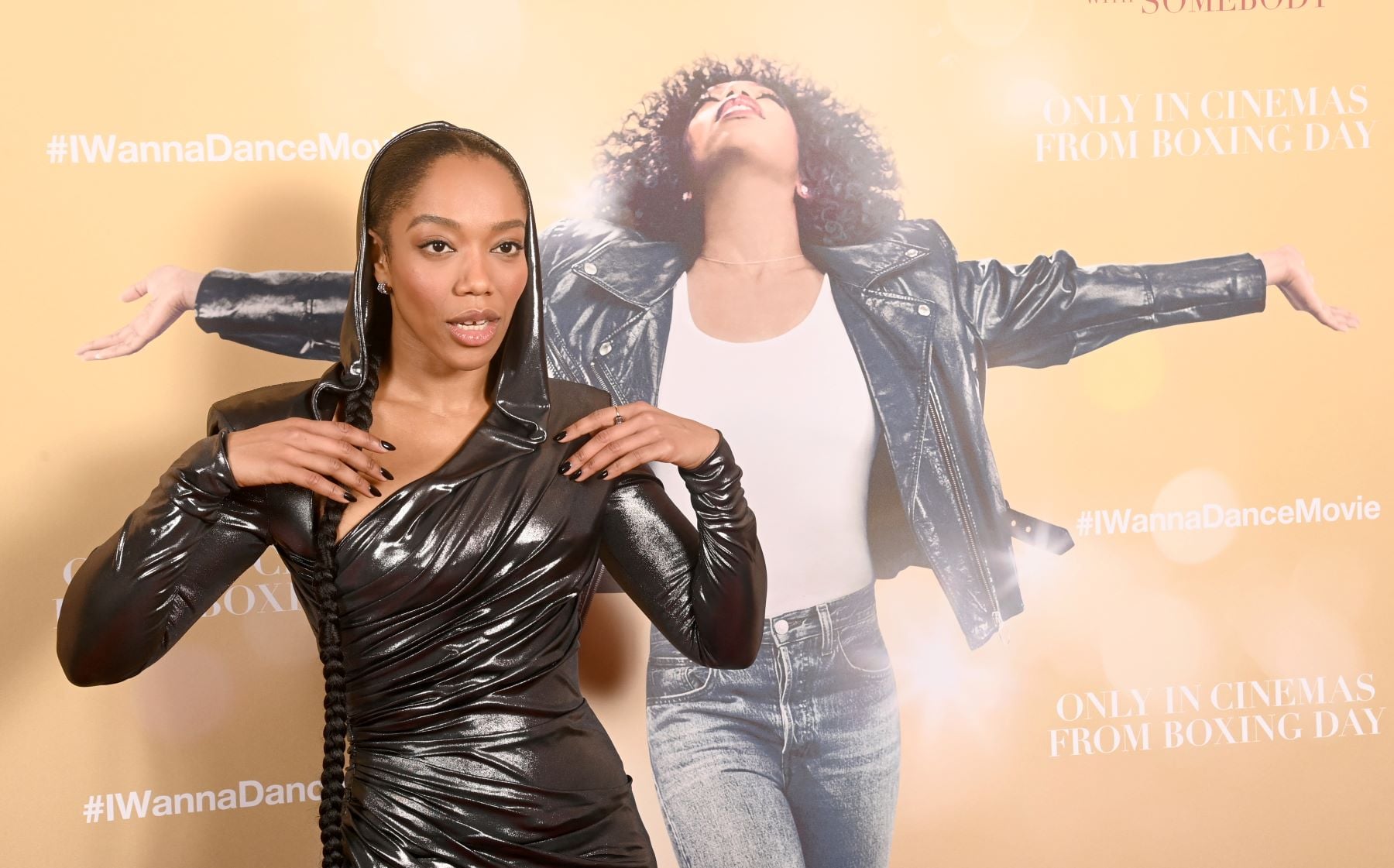
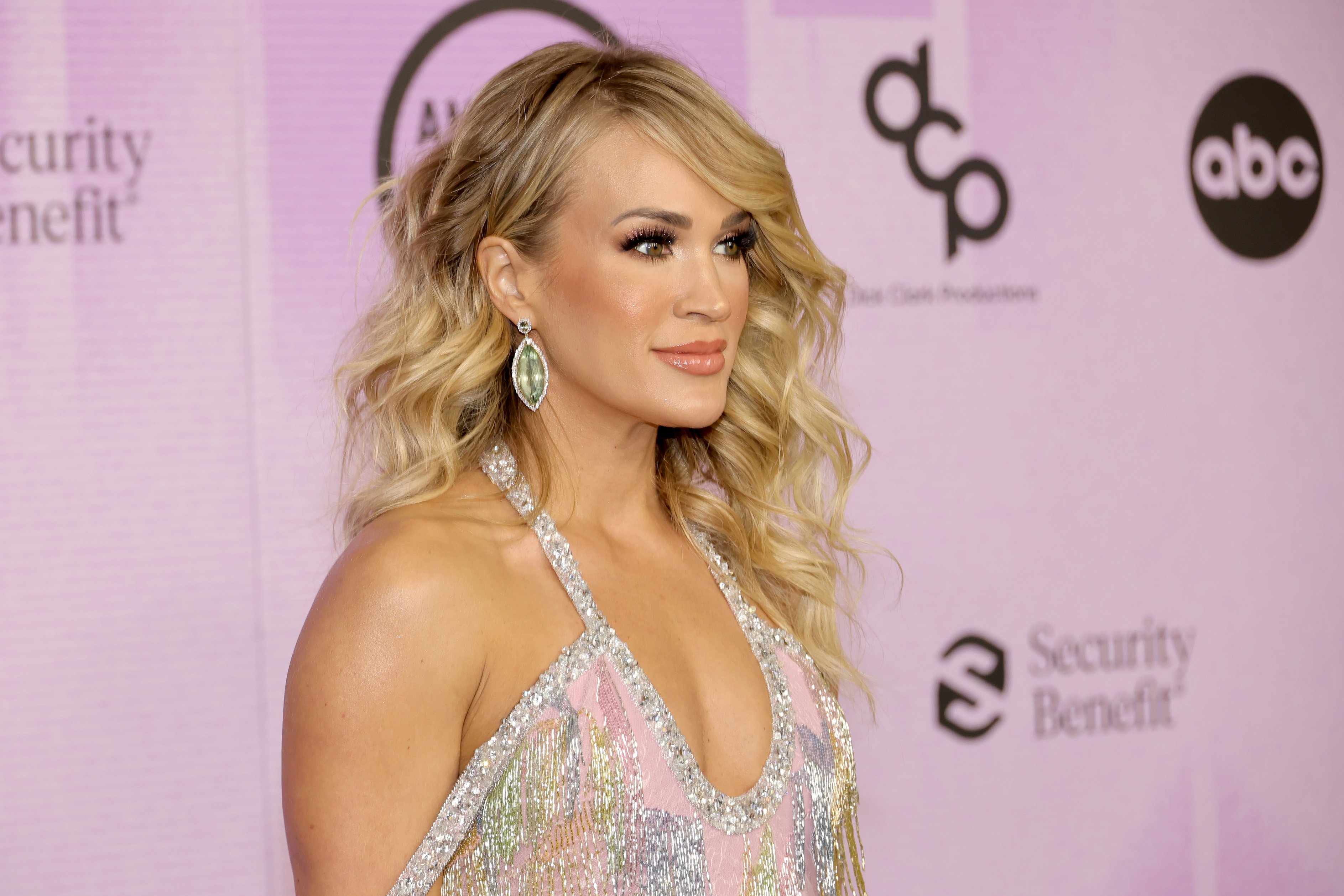
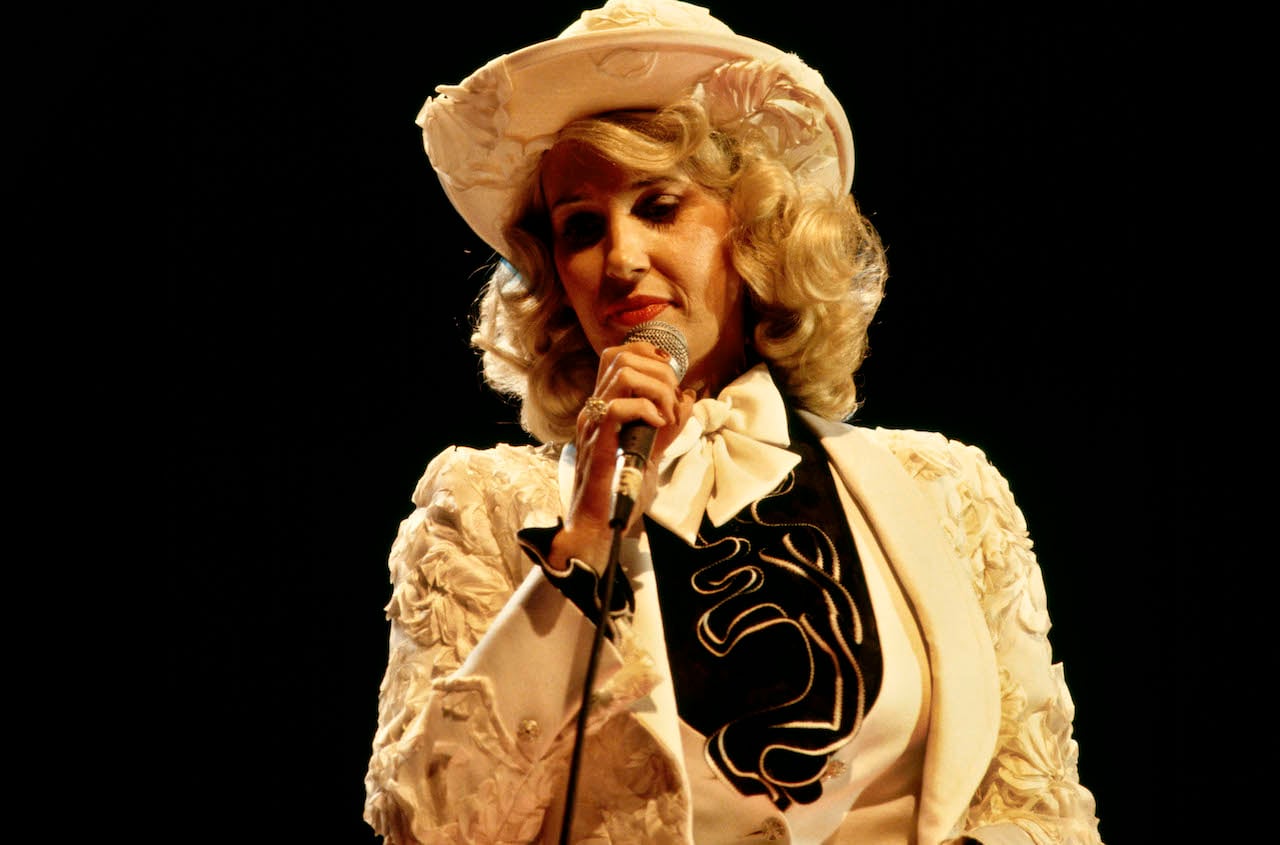
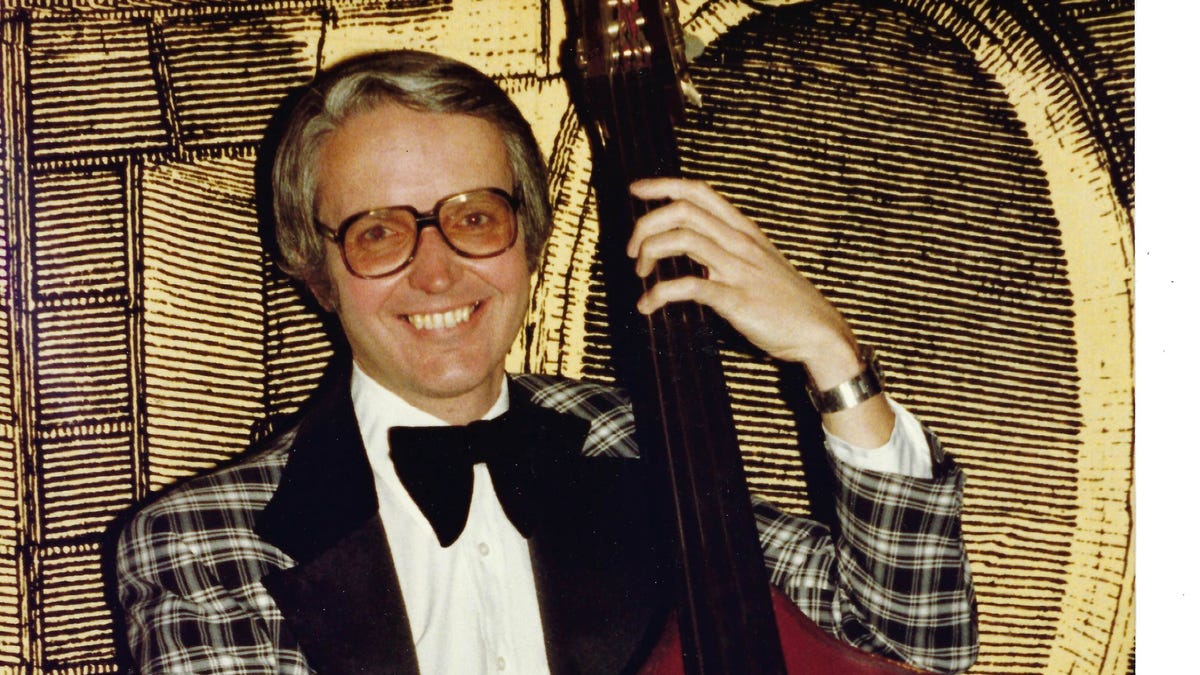

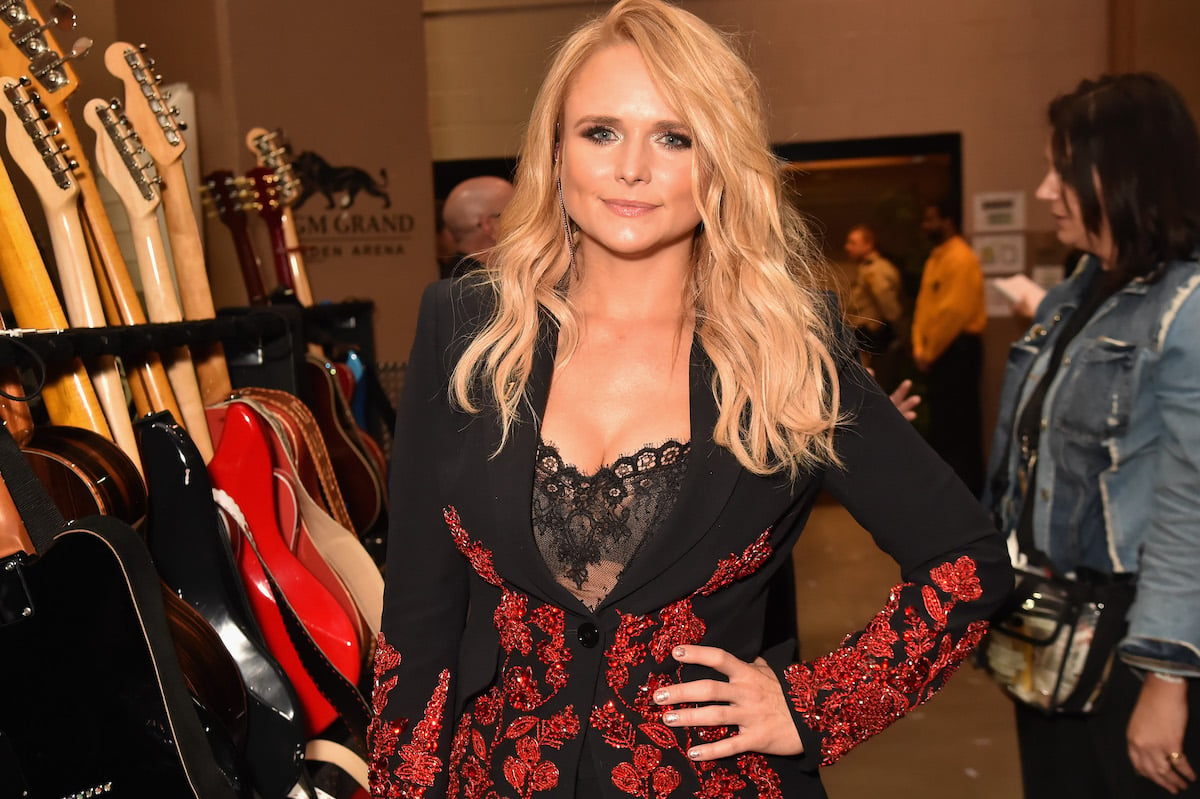
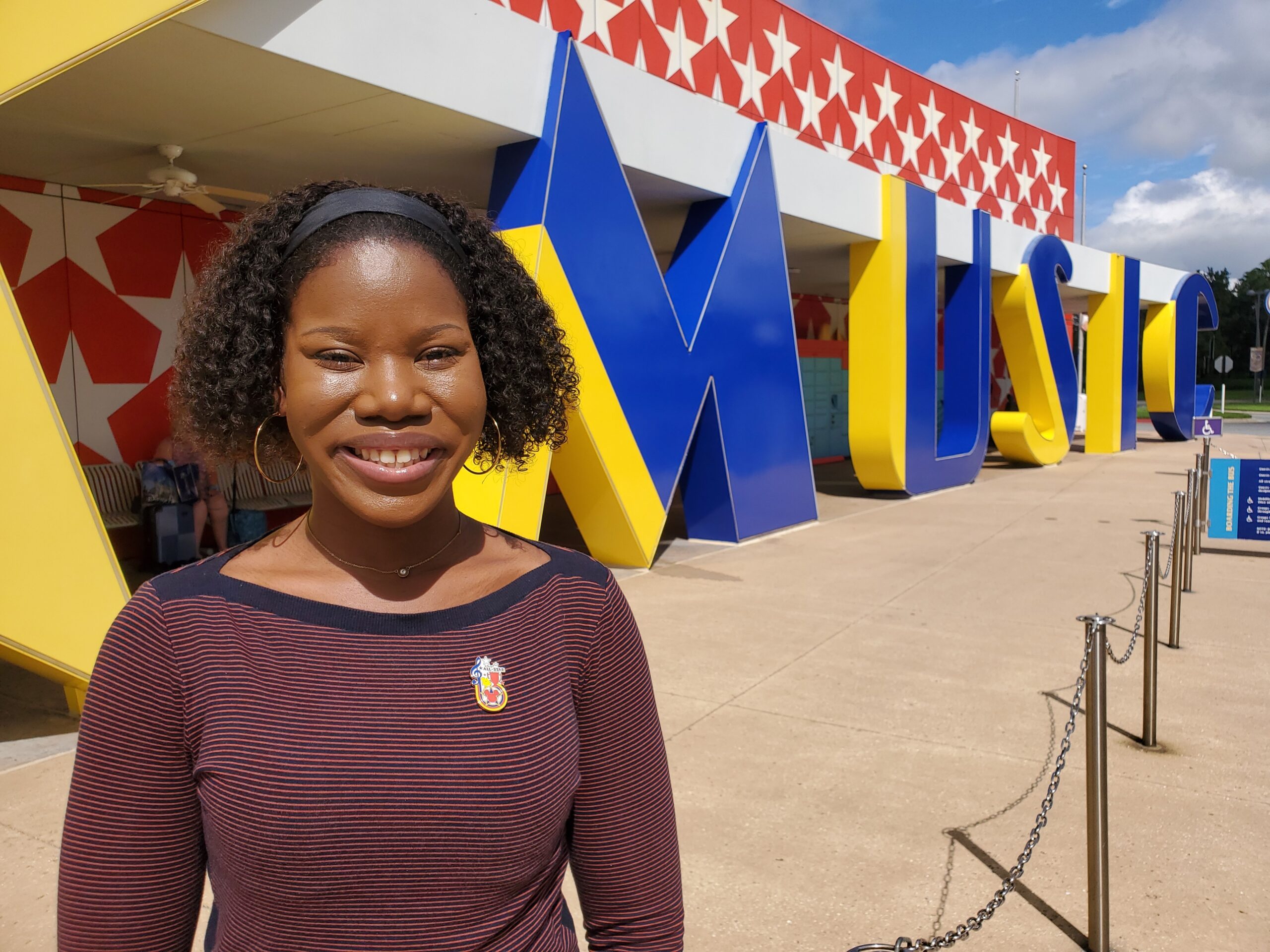
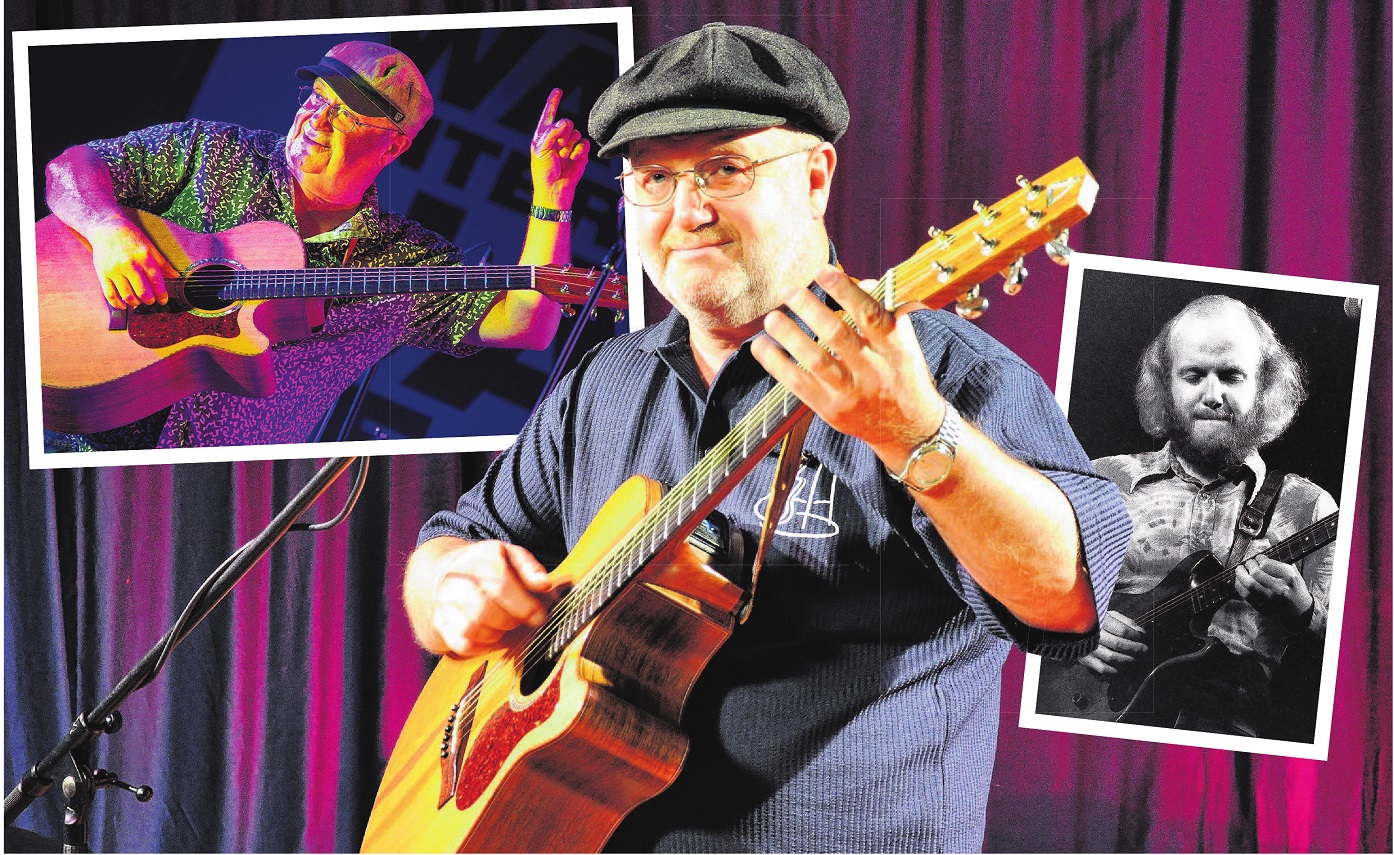

 English (US)
English (US)